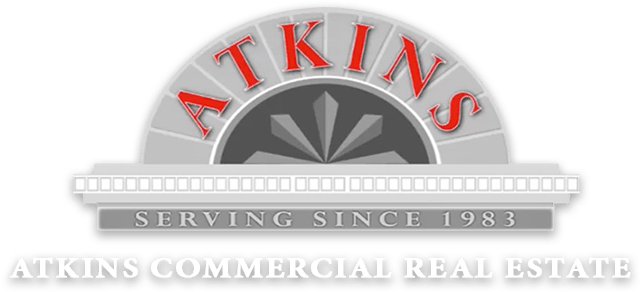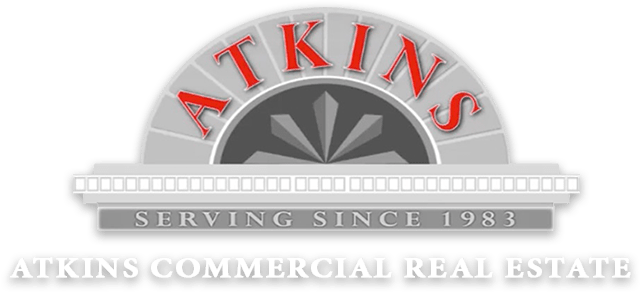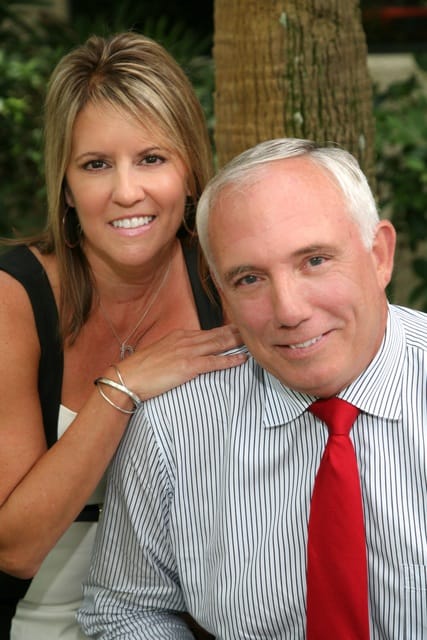Whether you have a large business and are looking to expand your operations, or a small business looking for a space to call home, unless you are buying a property, you most likely will be signing a lease for a commercial property. The terms of your commercial lease may impact your success or failure as a business, as there will be terms that control what you can or cannot do with the space. While the terms of commercial leases in Orlando, FL are often negotiable, making sure that the lease fits your business’ needs, is critical.
Our 5 Tips
- Look at the length of the lease. You are generally going to encounter anywhere from 3 to 10 years on a lease for a commercial space. A long-lease agreement can be good for many commercial businesses. However, if you believe that your company is going to outgrow the space quickly, it may be better to ask for a 1 or 2 year lease that is negotiable. You are also going to want to negotiate a cap (limit) on rent increases, if possible.
- Understand the provisions that the lease provides. What happens if you must terminate the lease early, or want to sublet the space out because you are having a hard time paying the rent? What if you outgrow the space and want to move to a new location? Negotiating these terms upfront is critical so that you aren’t caught in a bind if one of those situations arises. Another possibility to consider is whether you are going to want to sell the business at any time within the lease duration. If the answer is yes or even if it is a “maybe”, then the lease needs to be transferable so that the new owner of the business can take it over at the same location. Negotiating on these types of possibilities early will help you avoid penalties if you want options to terminate your lease before it expires.
- How are improvements made to the rental unit? If the unit must be modified to meet your needs, you will need to negotiate for that as part of your lease terms. If this is a no-go from the get-go, then you’ll need to find a new commercial property to rent in Orlando, FL. You will want to ask for the right to make improvements, figure out who pays for the improvements, and who has ownership of the improvements. You also need to understand whether the rental unit needs to be restored to its original condition upon the expiration of the lease.
- What about the neighbors; who are they and what do they do? Any adjacent tenants to the rental space will influence your business, whether you want them too or not. For instance, if you are renting out a commercial retail space, you may depend on large “anchor” stores to draw attention to your smaller business. If your business will depend on others within the area (like the above example) consider having a co-tenancy clause put in place, which will allow you to terminate your lease if another tenant that you depend on, leaves. You may also want to ask for an exclusive use clause so that a competing business cannot operate in the same rental building as you.
- Make sure that there are no relocation provisions in your commercial lease. If the lease gives permission to the landlord to relocate the tenants as they see fit, you may want to look at a different commercial property depending on your business type. Retail businesses that are forced to relocate at the whim of the landlord can find that their business is devastated or at least, highly disrupted as a result. If you don’t want to give up signing the commercial lease with a relocation provision, stipulate that it can only be exercised as a result of specific circumstances and events that are agreeable to you. If this doesn’t work for the landlord, ask about reimbursement for the cost of relocation, an abatement of rent during the relocation (while business is not in operation), and a reduction in rent if the new commercial space is not comparable.
While these considerations only scratch the surface of what you should be looking at, they do give you a good start for understanding what you should be considering for and the ramifications that can arise as a result of certain terms within lease agreements.



